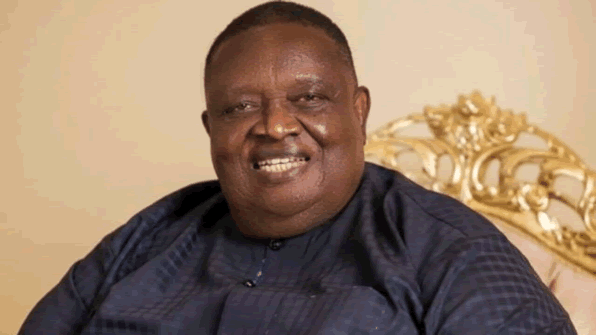Emmanuel Iwuanyanwu, President of Ohaneze Ndi-Igbo, has clarified that neither he nor the detained leader of the Indigenous People of Biafra (IPOB), Nnamdi Kanu, is associated with the recent killings of soldiers in the South-East. Iwuanyanwu expressed deep sorrow over the incident and emphasized that Kanu did not issue the sit-at-home order.
During his visit to Kanu at the Department of State Services (DSS) custody on Thursday, Iwuanyanwu appealed to President Bola Tinubu to exercise his political authority to secure Kanu’s release. He also called for the restructuring of the country to address underlying issues.
Last week, IPOB declared May 30 as a sit-at-home day in the South-East to honor those who perished in the civil war between 1967 and 1970, known as “Biafran Heroes Day.” This declaration led to a significant shutdown of commercial and economic activities across Anambra, Enugu, Imo, Abia, and Ebonyi States, affecting banks, schools, markets, motor parks, fuel stations, and other public places.
Nigerian officials frequently attribute attacks in the southeast to the banned IPOB and its armed wing, the Eastern Security Network. However, IPOB has consistently denied involvement in the violence. Nnamdi Kanu, the group’s leader, remains in government custody facing treason charges after being apprehended abroad and brought back to Nigeria.
Separatism remains a contentious issue in Nigeria, where the declaration of an independent Biafra Republic by Igbo officers in 1967 led to a devastating three-year civil war, resulting in over a million deaths. The violence in the southeast is part of broader security challenges, including a 14-year jihadist insurgency in the northeast, kidnapping and killings by gangs in the northwest and central states, and piracy in the Gulf of Guinea.


